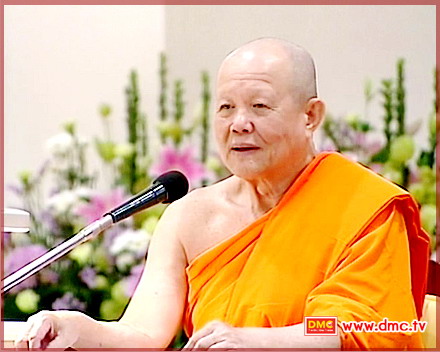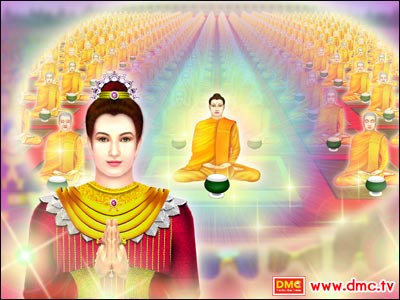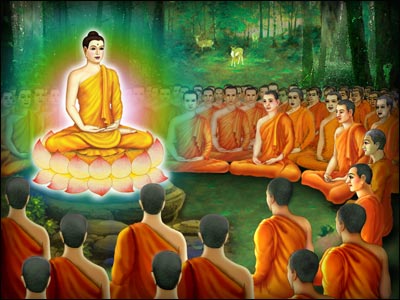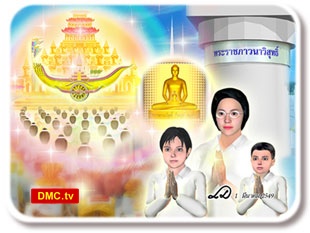ค้นหาบทความธรรมะ คำว่า : Three Characteristics

The Noble Eightfold Path on the Mundane Level # 3
รับชม 7,231 ครั้ง

The kalyanamitra Temple
รับชม 4,184 ครั้ง

The 38 Ways to Happiness :- Artfulness in Speech (3)
รับชม 1,348 ครั้ง

The Noble Eightfold Path on the Mundane Level # 2
รับชม 8,296 ครั้ง

The 38 Ways to Happiness :- Having done good deeds in one's past (5)
รับชม 1,272 ครั้ง

The 38 Ways to Happiness :- Artfulness in Knowledge (2)
รับชม 9,969 ครั้ง

Dokmaiban Meditation Program
รับชม 3,404 ครั้ง

The Noble Truth of the Origin of Suffering # 2
รับชม 3,728 ครั้ง

Spell for Searching Sacred Amulet
รับชม 2,995 ครั้ง

Being Responsible for the Environment
รับชม 6,108 ครั้ง
